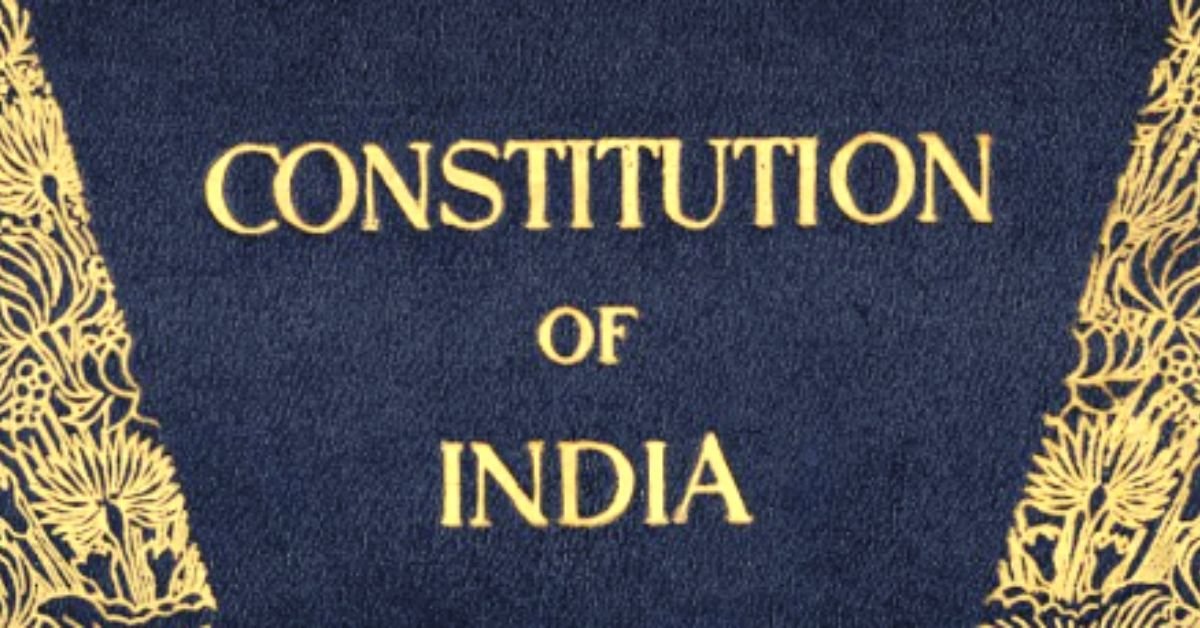What is Constitution:
The supreme law that determines the relationship between citizens and the country and the relationship between the people and the government is called the constitution
It is a set of written rules accepted by all people living together in a country.
Why Does a Country Need a Constitution :
All democracies are likely to have constitutional law, but not all countries with a constitution need to be democracies. The Constitution serves many purposes such as Constitutional law telling us what the basic nature of our society is. The Constitution serves as a set of rules and policies that are acceptable to all persons in a country. Also, two more remarkable reasons why we need a constitution.
- The Constitution sets out rules to prevent our political leaders from abusing power
- The Constitution helps to protect us from decisions that could have adverse consequences

The Indian Constitution: Key Features
The Constitution of India was drafted in 1946 by a committee of 300 members who became members of the Constituent Assembly. When writing the Constitution of India these members spoke different languages and had different cultures with different religions and different cultures in mind.
Key features of the Indian Constitution were given below.
1. Federalism:
This indicates that there is more than one government in the country. In India, there are governments at the state level, in the middle, and at the panchayat raj village level.
There are lists in the constitution that describe the problems that each tier of government can make laws. In addition, the constitution specifies where each tier of government can receive money for the work it does. All individuals in India are governed by laws and policies developed by the government at each of these levels.
2. Parliamentary Form of Government:
The Indian people play a direct role in electing their representatives. Furthermore, every citizen of the country, regardless of his / her social background, can contest the election.
3. Separation of Powers:
There are three organizations in the government
The Legislature Refers to the elected representatives of the people.
The Executive A small committee responsible for enforcing laws and running the government.
The Judiciary Refers to the system of courts in India.
Each organ mentioned above acts as a check on the other organs of government. This ensures the balance of power between all three.
4. Fundamental Rights:
The constitution guarantees the rights of individuals against the State as well as against other individuals. It also guarantees the rights of minorities against the majority.
The Fundamental Rights in the Indian Constitution include:
- Right to Equality
- Right to Freedom
- Right against Exploitation
- Right to Freedom of Religion
- Cultural and Educational Rights
- Right to Constitutional Remedies
5. Secularism:
A secular state is one in which the state does not officially promote any religion as a state religion.
